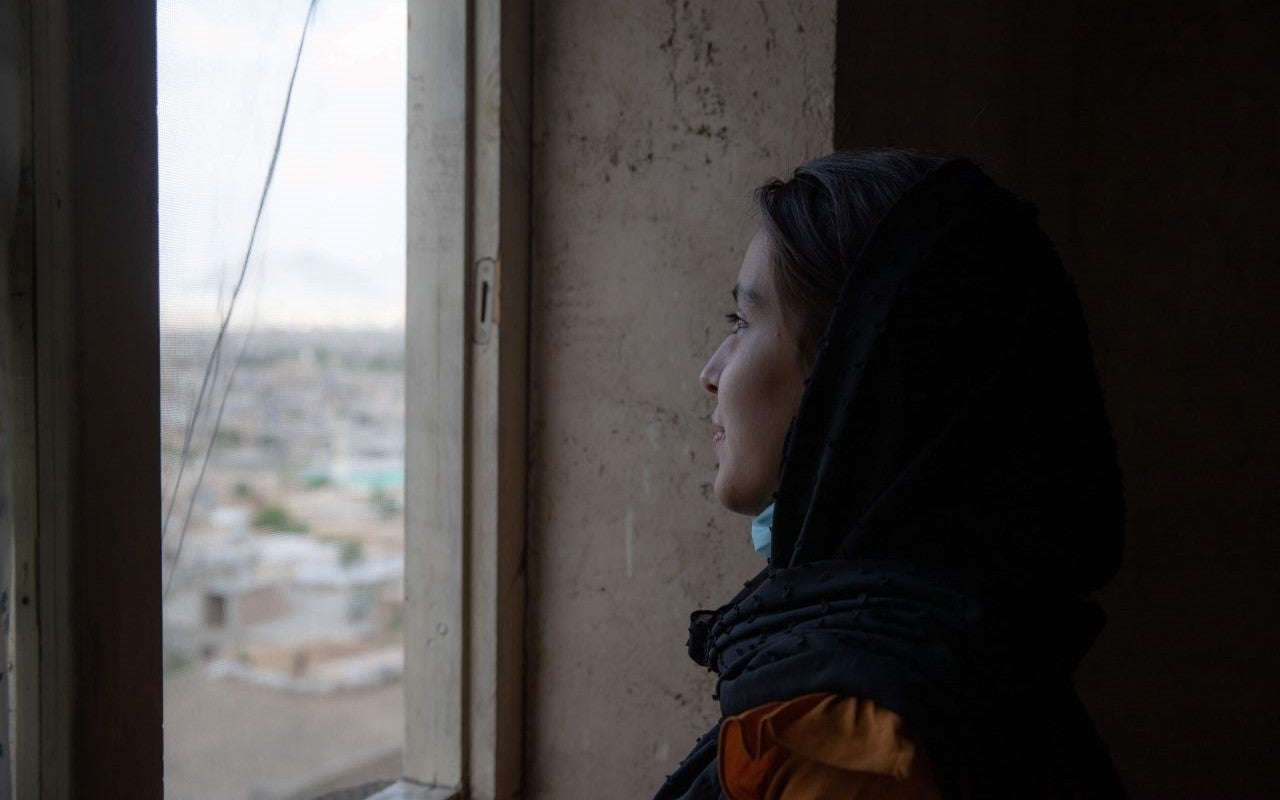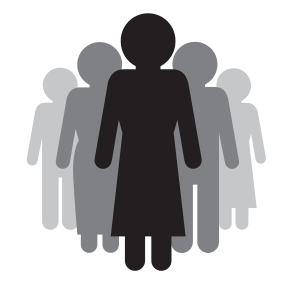Afghan women and girls push for their rights over three years of Taliban rule
Women and girls in Afghanistan have seen their rights severely constrained since the Taliban took control of Afghanistan in August 2021.
The Taliban has issued at least 70 decrees and directives that directly target the autonomy, rights, and daily lives of women and girls. Women face severe restrictions on access to education, work, reproductive rights, maternal health care, mental health services, and more.
Nevertheless, Afghan women continue to show remarkable resilience and courage. From the seemingly simple act of stepping out of their homes to the more complex efforts of running businesses, organizing communities, and striving for equality, their determination remains unshaken and, in some cases, is even growing stronger.

UN Women is on the ground in Afghanistan, supporting Afghan women and girls every day. Our in-country strategy centres on investing in women—from scaling up support to women’s organizations and women humanitarian workers delivering life-saving services, to investing in women-led businesses. This work is only possible with the instrumental support of our Afghan women staff.

of women felt they had limited or zero influence on decision-making in their communities.

of women reported ‘bad’ or ‘very bad’ mental health.

of people indicated knowing at least one woman or girl who had attempted suicide.
Data on political influence and mental health from UN Women/IOM/UNAMA. Statistic on suicide from Bishnam Data.











